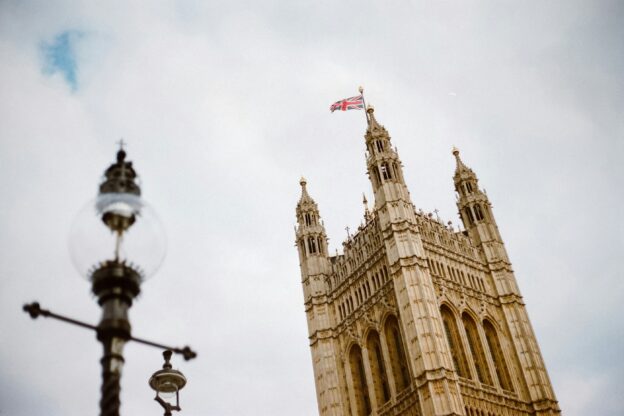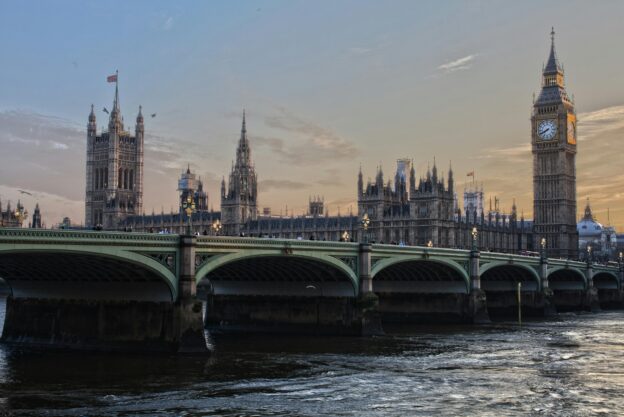GK Associate Hugo Tuckett assesses the likelihood of council tax reform amid rising concern about local authority financial resilience.
Is council tax reform on the horizon?
Amid rising bankruptcies in recent years, and growing concern about the sustainability of council finances, funding mechanisms for local authorities – and particularly council tax – are attracting growing political scrutiny.
In December 2023, the Local Government Association reported that almost one in five council leaders and chief executives it surveyed think it is very or fairly likely that they will need to issue a Section 114 notice this year or next due to a lack of funding. A Section 114 notice is issued by a council’s finance officer if they believe the council’s expenditure will exceed the resources it has available. Eleven Section 114 notices have been issued since 2018, with only five issued in the 30 years prior.
Given that council tax receipts now make up over half of local authority spending power (56.9% in 2023-24 compared to 49.1% in 2015-16), ensuring the council tax regime is operating effectively is critical to the long-term sustainability of local authority finances.
The Levelling Up Committee recently made a series of recommendations to the Government on council tax reform. In its report, the Committee reiterated its previous conclusions about the “unfairness and outdatedness of the council tax regime”.
The Government has since said it has no plans to conduct a revaluation of council tax bands (the Committee’s key recommendation) as, amongst other factors, “it would particularly risk those on a lower income, including pensioners, who have seen their homes appreciate in value”.
Here is the focal point of political discourse. A Conservative Government, aware that (according to recent YouGov polling) the Party is now the most popular only among the over-70s, will be aggrieved to conduct a revaluation of property bands which would hit the pockets of its core voter base. A Labour government on the other hand, with traditionally greater allegiances to younger, non-home owning voters and those on lower incomes could take a fresh look at this issue. One option likely to be under consideration is the introduction of new, higher bands of council tax.
Given the Shadow Chancellor, Rachel Reeves, has ruled out numerous tax rises ahead of the upcoming General Election, council tax reform represents one revenue-raising lever still available to her. While the details of any potential reform are still unknown, it is a near certainty that the council tax regime will only grow in political salience in the years ahead.





